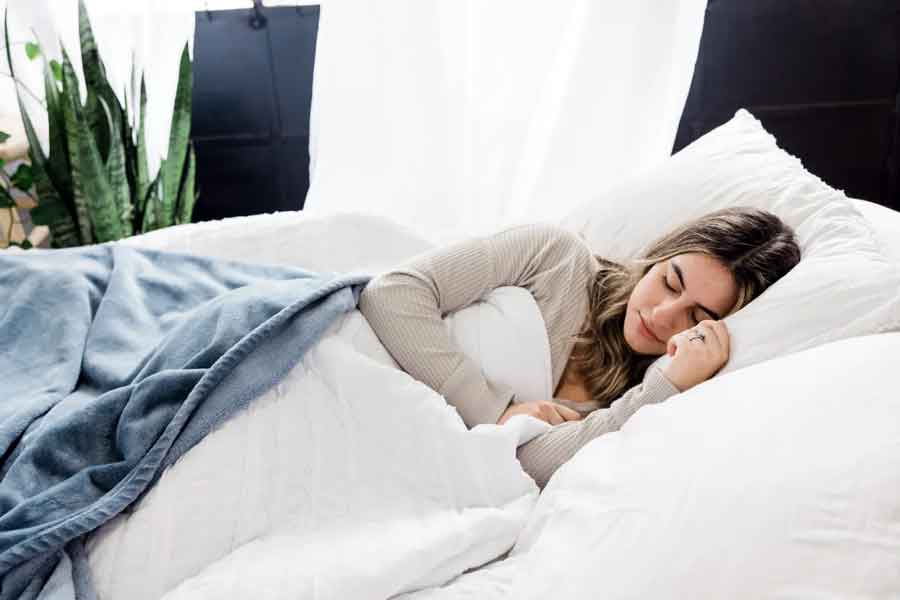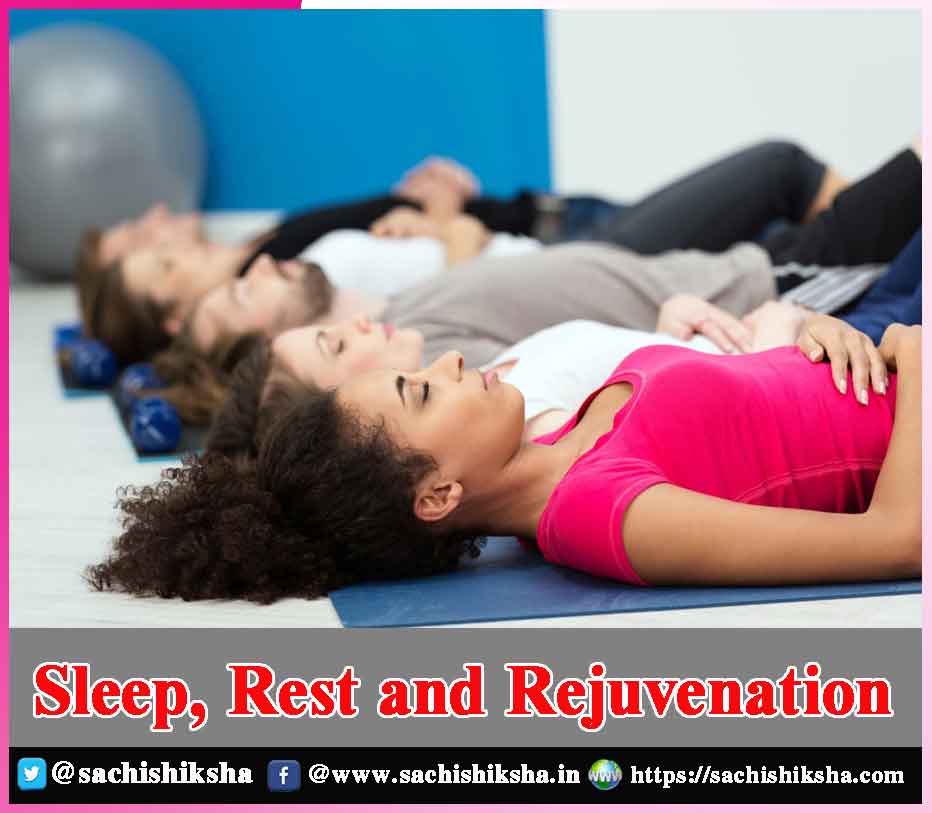Sleep, Rest and Rejuvenation Introduction: Dalai Lama said, “Sleep is the best meditation.” We all go to sleep every day, but it is not as simple as going to bed and dozing off. It is one of the complex and essential activities of the human body.
When a machine runs for the whole day and is shut off during the nights, the engines and the machine parts cool down, it is simple for a machine. When we go to sleep, the whole-body rests, but more importantly, it rebuilds itself.
Also Read:
- Is War the Only Solution For Peace?
- Rehabilitate Yourself Within
- Be Trustworthy
- Virtuous Concepts of Humanity
- Repentance Can Help in Salvation
- Forgiveness
Table of Contents
Brain versus Sleep:

Scientifically speaking, sleep is the time when our body gets rid of toxins, repairs cells and rebuilds tissue. Our brain, the most complex organ of our body, stores new information and strengthens neural connections. The brain makes memories that we recall now and then, improves concentration, decision making skills and creativity. Now, all these processes are pivotal for our survival.
Sleep is the state where the rate of metabolic activities such as digestion and respiration drops down and conserve energy. This state of rest and rebuild is what rejuvenates us to wake up and work the next day. Sleep is known to lower the risk of heart disease. It strengthens the immune system, works on weight maintenance of the body, and helps us be emotionally stable, and have better motor function.
Negative Effects of Sleep Disorders:
To put it simply, it is an investment in the energy you need to be effective tomorrow. In today’s world, a huge part of the population suffers with sleep disorders where they do not get adequate quality and quantity of sleep. From the increased use of electronic gadgets to heightened caffeine consumption, many of our day-to-day activities affect our sleep. While the short-term effects of lack of sleep are headaches, poor concentration or frequent mood changes, constant sleep deficiency may lead to chronic health problems that affect the heart, kidneys, and brain. This highlights how sleep is all the more important.
Depending on the age, every individual needs different amounts of sleep. While an infant needs 14 to 17 hours of sleep, a working adult needs 7 to 9 hours of sleep. An important point to remember is that the quality of sleep is as essential as the quantity of sleep. Going to bed on the same time everyday builds a sleep cycle and works better with the circadian rhythms of the body. Sleeping without external disturbances helps the body relax and do the job of refreshing itself better.
Measures to Ensure Quality Sleep:
From ancient to modern times, many ways have been suggested to have better sleep. While we have yoga and meditation to help us sleep better, the west world has come up with sleep medications. Apart from these, limiting alcohol and caffeine consumption, avoiding electronic gadgets before bedtime, and doing physical activity such as a small walk before bedtime can help increase the quality of sleep. While it is suggested that sleep medications are a last resort, those who require it to start building a sleep schedule may use it after a doctor’s prescription.
An interesting fact about the quantity of sleep is that we don’t have to do it in one stretch. Napping is a common practice where we sleep for a very short period of time during the day. Many people split their night time’s sleep and embrace napping. Napping comes with its own benefits and drawbacks. For those who cannot afford to sleep 8 hours at night, napping for 30 minutes during the day can help them refresh and recharge.
It is important to note that increased day time naps will affect the nighttime sleep negatively. So, depending on the individual and the time available in their hands to rest, they can combine night-time sleep and naps to help their bodies carry on essential rejuvenation processes.
Two Stages of Sleep:
There are majorly two stages of sleep, REM(Rapid Eye Movement) sleep and non-REM sleep. During the non-REM sleep i.e. the initial few minutes after we start sleeping, our eye movement, brain activity and heart rate slow down. Our muscles continue to relax, and we enter deep sleep, where our eyes and muscles do not move, and the body starts replenishing itself.
During the REM sleep which occurs roughly after 90 minutes of sleep, our eye movements, heart rate and brain waves increase rapidly. This is the stage where our brain processes information and stores memories. It is the time where we commonly experience dreaming. REM sleep comprises around 25% of sleep and is important for our brain activity as memory consolidation and brain development happen during that time.
Conclusion: Even after much exploration, sleep and its importance for survival remain a mystery but one fact that is well established and backed by science is that it is essential for our relaxation and rejuvenation. So, as we celebrate World Sleep Day on 15th March, let us spread awareness on the importance of sleep and strive to sleep better.













































